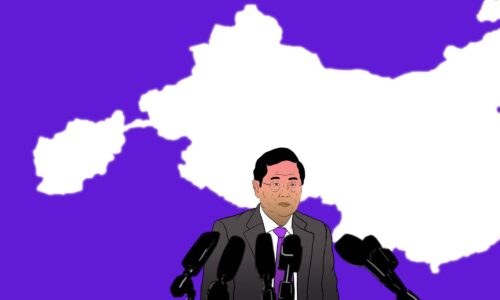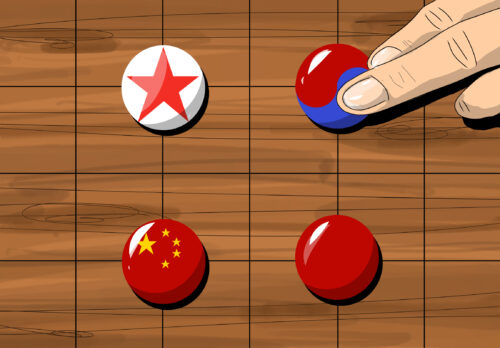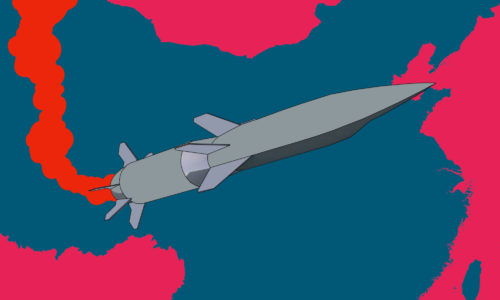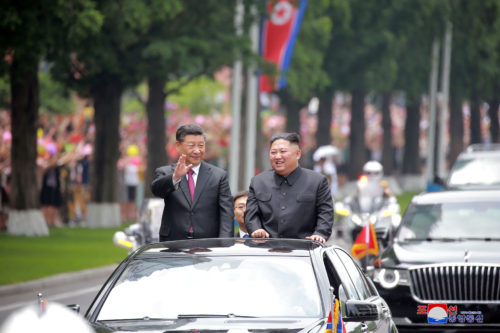Trump tears up the Iran nuclear deal: How will China act?
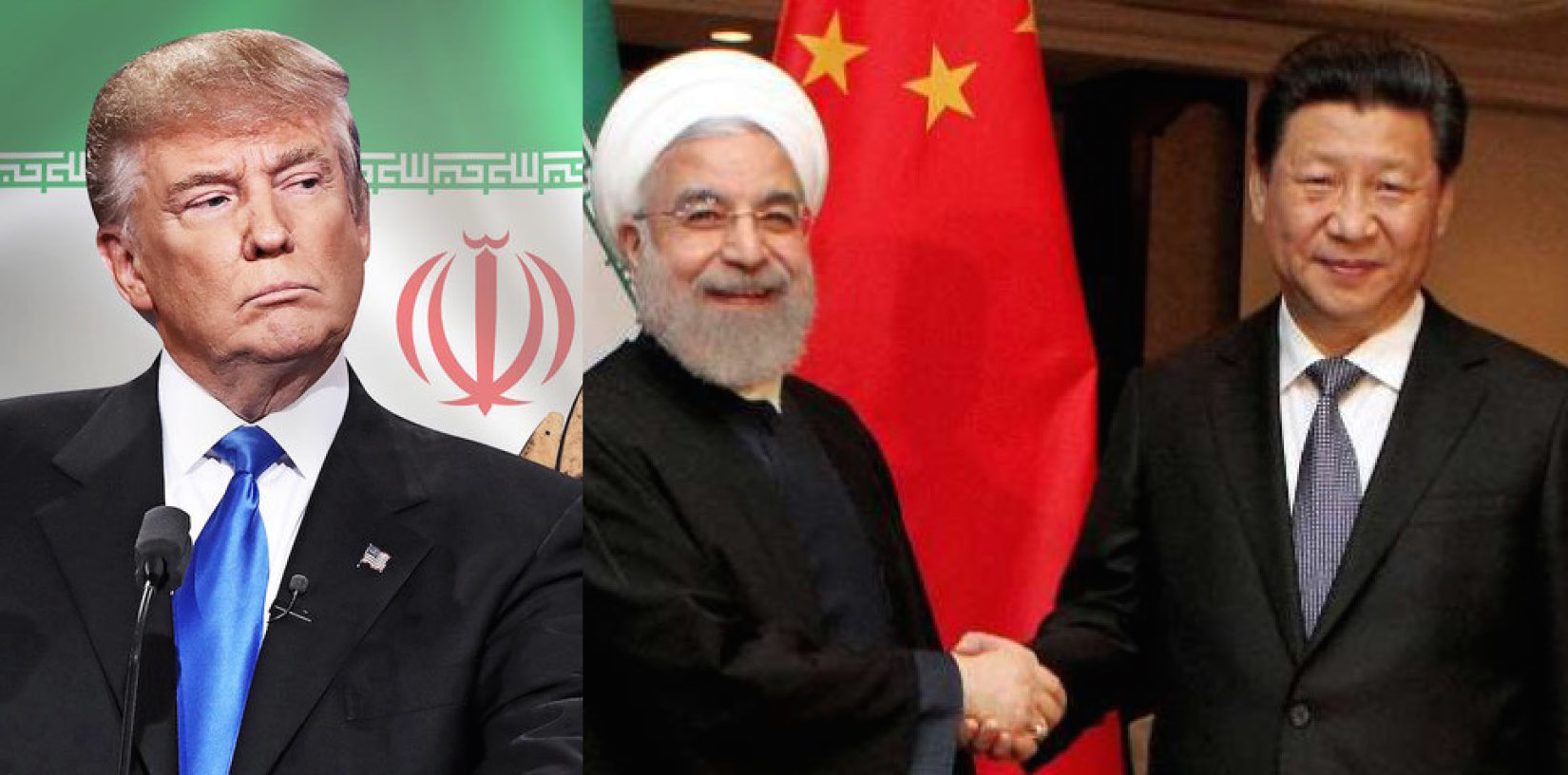
U.S. President Donald Trump announced on Tuesday, May 8, that he is unilaterally “terminating” American involvement in the Joint Comprehensive Plan of Action (JCPOA), also known as the Iran Deal.
The Deal is the third major international commitment of the previous American administration that Trump has reneged on. Unlike the Trans-Pacific Partnership (TPP), which would have tried to contain China’s trading power, the Paris Agreement and the Iran Deal are both supported by China.
In all three cases, the rest of the world has moved on, leaving America alone: The TPP signatories minus the U.S. have all signaled that they are committing to a new deal, the Paris Agreement still stands, and negotiations for the survival of the Iran Deal with the European parties, Russia, and China will begin immediately, the Washington Post reports.
There are two major effects of Trump’s pullout from the Iran Deal that we want to highlight.
First, China will gladly continue buying Iran’s oil:
- China is the largest importer of Iranian oil, and it really loves the stuff: In the past two months leading up to the nuclear decision, China imported an average of around 700,000 barrels of crude per day or more from Iran, according to ClipperData, CNN reports. That’s an increase from less than 500,000 per day on average in 2014-2015.
- The Trump Administration plans to place sanctions on Iran’s oil, but according to Reuters, South Korea has already announced that it would seek an exception from this regulation, and “Japan may follow suit.”
- China is likely to altogether ignore any such sanctions, multiple analysts told CNN and CNBC.
- “Iranian oil prices are likely to fall and be discounted as its pool of buyers shrink, making prices more attractive to the Chinese and other price-sensitive buyers,” an analyst told CNBC.
- A new oil futures market in Shanghai could become a hotbed for sanctions-skirting activity, David Fickling writes for Bloomberg (paywall), because sanctions are “typically enforced when banks attempt to clear dollar-denominated trades in New York.” Read more about the new oil futures market on The China Project.
- Analysts quoted in CNBC were less sure about the Shanghai possibilities, but told the news outlet that “the market will find ways to circumvent any sanctions, such as transferring supplies between floating storage, using barter trade, or not using U.S. banks.”
- China is also producing less oil nowadays, Fickling notes, as “domestic oilfields…get tapped out and the government pushes the big three state-owned firms to instead produce more gas.” In this environment, imports become a necessity to meet rising demand — China overtook the U.S. as the world’s largest top oil importer last year.
Second, North Korea now has every reason to take advantage of America’s reduced credibility:
- “Only a fool would trust the U.S. to keep its word in a rogue state nuke deal now,” Robert Kelly, a professor of political science at Pusan National University in South Korea, wrote on Twitter:
This just makes my head explode. Post-Iran Deal abandonment? You’ve got to be kidding me. Only a fool would trust the US to keep its word in a rogue state nuke deal now. First Kaddafi, now Iran. Are the Trump people really this checked from reality, this lost in Fox? Good christ https://t.co/Fi0dXcGBb9
— Robert E Kelly (@Robert_E_Kelly) May 8, 2018
- Kim Jong-un is likely to “offer shallow, short-term concessions” when he meets Trump in a matter of weeks, “on the basis that the United States cannot be trusted to enter a long-term deal” analysts told the New York Times (paywall).
- Kim may have backup from China now, after an all-smiles summit at the seaside of Dalian, China, between the North Korean and Chinese leaders this week. The Times notes that “the two leaders outlined a far more drawn-out process for denuclearization than is favored by either the United States or its ally Japan.”


